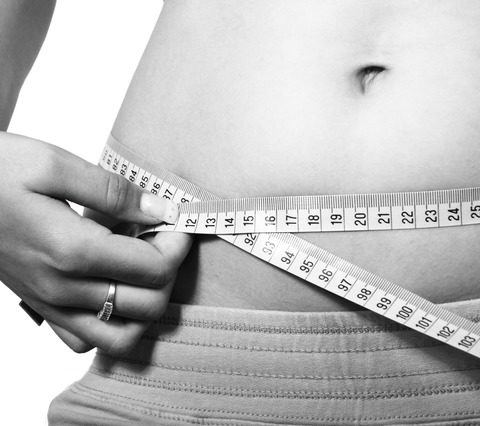A lot of variables go into plastic surgery. Even the day can factor into the procedure. Consider a recent article for the Cosmetic Surgery Times titled “Are weekdays best for body contouring?”
According to the author of the article, “Results of a recent study suggest that prospective body-contouring patients would be well advised to schedule their procedure on a day that doesn’t start with the letter S. The study authors — plastic surgeons from St. Louis University School of Medicine and the University of Maryland Medical Center — note that while previous studies show worse patient outcomes on weekend admissions for non-emergent cases (spine, breast and hernia) involving plastic surgery, there is no comparative data regarding body contouring procedures. They write that since the increase in bariatric surgery has spurred a similar increase in body-contouring operations, it would be valuable to fill that data gap. Using the Nationwide Inpatient Sample database from 2000 to 2010, the authors undertook a serial cross-sectional study of body-contouring patients. They gathered data, based on international classification of diseases, for liposuction and reduction of adipose tissue for weekday and weekend admissions, including demographics, hospital charges and patient outcomes. The data represent 50,346 hospital admission cases of inpatient body contouring, 98% of which occurred on a weekday. When compared to weekday admissions, weekend admissions were associated with a statistically significant increase in hospitalization costs ($35,481, p < 0.000) and length of stay (5.68 days, p < 0.000). Mortality rates were found to be higher on weekend admissions (3.7%) versus weekdays (0.5%) as well.”
If you’re considering a body contouring procedure like fat grafting, you want to undergo the surgery with a doctor you can trust. Rex E. Moulton-Barrett, M.D. holds the rare distinction of being board certified in two distinct surgical specialties, The American Board of Plastic and Reconstructive Surgery and The American Board of Otolaryngology-Head and Neck Surgery. He was educated in the United Kingdom and completed his medical degree at the University of Birmingham Medical School in Birmingham, England prior to surgical residency in the United States.
If you’re looking into fat grafting, this is what you can expect: Your own body fat is used in fat grafting procedures in a technique called autologous fat transfer. This helps cut down on the chance of rejection since the body will recognize its own tissue. It also minimizes the chance of allergic reaction that you might experience as a result of using artificial injected materials.
If you’re considering fat grafting, contact us for a consultation.


